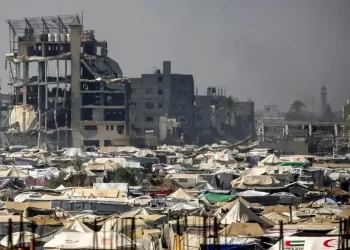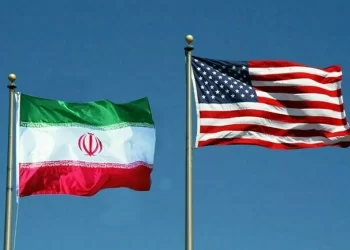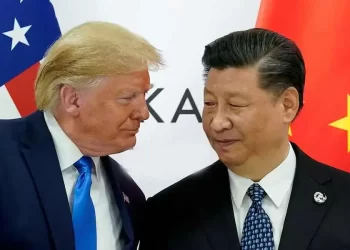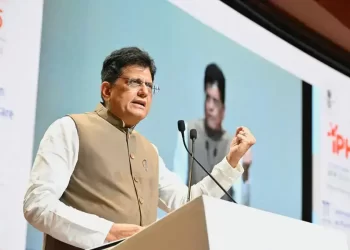GUWAHATI: India’s main opposition Congress party bagged both parliamentary seats in strife-torn Manipur in the general election as the north-eastern state voted out Prime Minister Narendra Modi’s ruling party and its ally after year-long ethnic clashes.
Since May last year the remote state bordering Myanmar has been roiled by fighting between the majority Meitei and tribal Kuki-Zo people that killed at least 220 people and displaced 60,000 to relief camps.
The state of 3.2 million people continues to be divided into two enclaves – a valley controlled by Meiteis and Kuki-dominated hills, separated by a stretch of “no man’s land” monitored by federal paramilitary forces.
In the lead-up to the election, victims on both sides of the sectarian divide expressed their displeasure with Modi and his Bharatiya Janata Party for not being able to bring peace to the state.
“This is the voice of those people who love their motherland and those who resented the kind of things we have gone through in the last one year the suffering, the tragedy,” said Congress’s A Bimol Akoijam, who beat his BJP rival in the Meiteis-dominated inner Manipur seat by close to 110,000 votes.
The Outer Manipur seat, in the hills, has predominantly Kuki-Zo and the Naga tribal communities.
Gunmen open fire on villagers in India’s Manipur, 3 killed
Alfred Kanngam S Arthur won the seat for Congress, defeating the candidate put up by the BJP’s ally by more than 85,000 votes.
Modi is set to retain power at the head of a ruling coalition but his Hindu nationalist party lost its outright majority for the first time in a decade as voters defied predictions of another landslide.
In 2019, Modi’s BJP, which also governs the state, and its ally won both parliamentary seats in Manipur.
“In normal times, we would have won. The emotions and sentiments are still running high, and that has bubbled over, and translated to negative votes against the BJP,” said Elangbam Johnson Singh, the BJP’s Manipur spokesperson, adding that there were “many hurdles” in controlling the violence.
“However, we cannot stay in this position for very long and our strategy must change so that we can resolve the crisis. The next step will be in that direction.”









